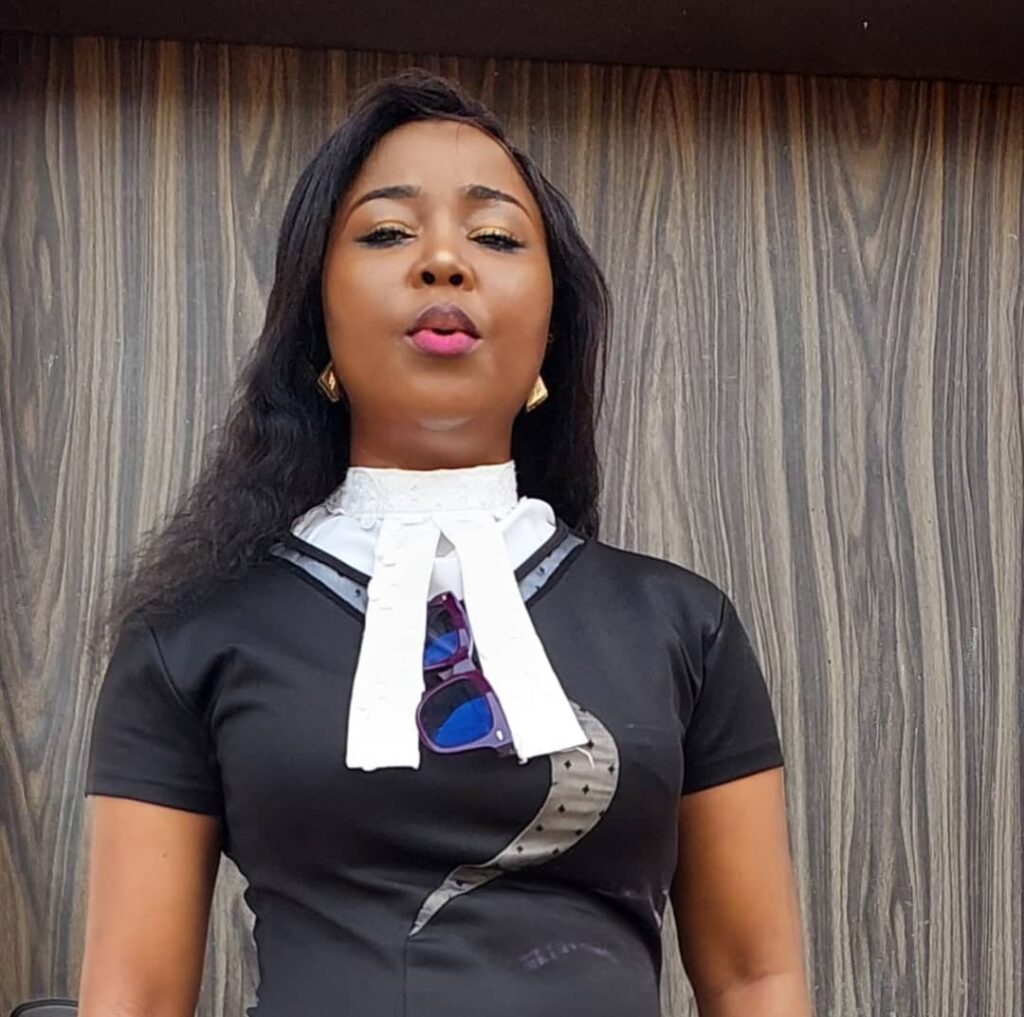
INTRODUCTION
The digital economy in Nigeria is thriving and is booming.
Creativity and attention are the newest currencies.
Whether you are a content creator, artist, writer, photographer, or software developer, your intellectual property (IP) is your sweat. It represents the value of your time, talent, and resources.
However it is trite to note that the more your work gains visibility online, the higher the risk of unauthorized use or outright theft. Understanding how to protect your intellectual property is crucial to safeguarding your work and ensuring you receive the recognition and rewards you deserve.
This article covers key steps you can take as a Nigerian digital creator to protect your intellectual property and possible actions to take when things you consider infringement occurs.
UNDERSTANDING YOUR INTELLECTUAL PROPERTY RIGHTS (IPR)
Intellectual property rights are legal protections for your creations.
Here is a list of the most relevant IP rights for digital creators in Nigeria:
Copyright: This is automatically granted upon creation, copyright protects your original creative works like photos, articles, music, videos, and software. While copyright is automatic, registering with the Nigerian Copyright Commission (NCC) gives an extra layer of legal protection.
Trademarks: This protects your unique symbols, names, logos, or slogans (taglines) associated with your brand. If your work is associated with a recognizable name or symbol, you may want to register a trademark through the Nigerian Trademarks, Patents, and Designs Registry.
Patents: While less common in the creative industry, patents protect unique inventions and processes. If you are a digital creator involved in tech development or innovative product designs, you should consider patent protection.
Knowing these categories can help you identify which protection is most applicable to your work.
STEPS TO PROTECT YOUR ONLINE CONTENT
1. Register Your Copyright with the Nigerian Copyright Commission
Although copyright protection is automatic upon creation, registering your work with the NCC provides additional legal security. It serves as a public record of your ownership, useful in infringement cases.
2. Use of Watermarks and Copyright Notices
Adding watermarks to your images, videos, and graphics, and including copyright notices on written content can act as a deterrent to those who might use your content without permission.
3. License Your Content
Licensing allows you to specify the terms and conditions for others to use your content.
There are flexible licensing options, like Creative Commons licenses, which allow you to maintain ownership while giving limited rights to others.
4. Track and Monitor Your Content
Use tools like Google Alerts to track when your content or brand name appears online. Reverse image search engines, such as TinEye or Google Images, can help locate unauthorized uses of your visual content.
5. Consider Contractual Agreements
If you collaborate with brands or other creators, consider using contractual agreements that specify terms related to the use and ownership of your work. A solid contract helps prevent misuse.
RESPONDING TO COPYRIGHT INFRINGEMENT
Steps to take if you find out that someone has used your content without permission:
1. Document Evidence
Collect proof of ownership, such as original files, timestamps, and records of when you published your content.
Document evidence of infringement, including screenshots and URLs.
2. Send a Cease-and-Desist Letter
This formal notice requests the infringer to stop using your work and ideally remove it.
The letter should be clear but respectful, as this can often lead to resolution without further conflict.
You may write it yourself or or have it drafted by a lawyer.
3. Report to Online Platforms
Most social media and content-sharing platforms (like Instagram, YouTube, and Facebook) have reporting mechanisms for copyright infringement. Just follow the reporting process on these platforms, by this you may be able to have the infringing content taken down.
4. Seek Legal Help
Where the infringement is severe or ongoing consulting a lawyer is essential. We are trained to help you pursue compensation or guide you to take more substantial actions if needed.
ALWAYS STAY INFORMED ABOUT IP LAWS IN NIGERIA
Like all laws, Nigeria’s IP regulations and enforcement evolve over time, and staying updated on these developments can benefit you in protecting your work.
For example, knowing about recent changes in the NCC’s enforcement procedures or updated rules for online content can help you stay prepared.
If you need further support, legal consultation is invaluable. Many Nigerian law firms, including ours, specialize in intellectual property issues for digital creators, offering advice on everything from copyright registration to contract creation.
CONCLUSION
As a Nigerian digital creator, your intellectual property is the foundation of your brand and business.
Protecting your work does not just safeguard your livelihood; it also encourages a culture of respect and professionalism in our creative industry.
With the right measures and a solid understanding of IP rights, you can focus on what you do best—creating—while you rest assured that your work is secure.
Favour O. Nduaguibe
BOOK A CONSULTATION
For more information, email to florissantattorneys@gmail.com
+2348083476010
